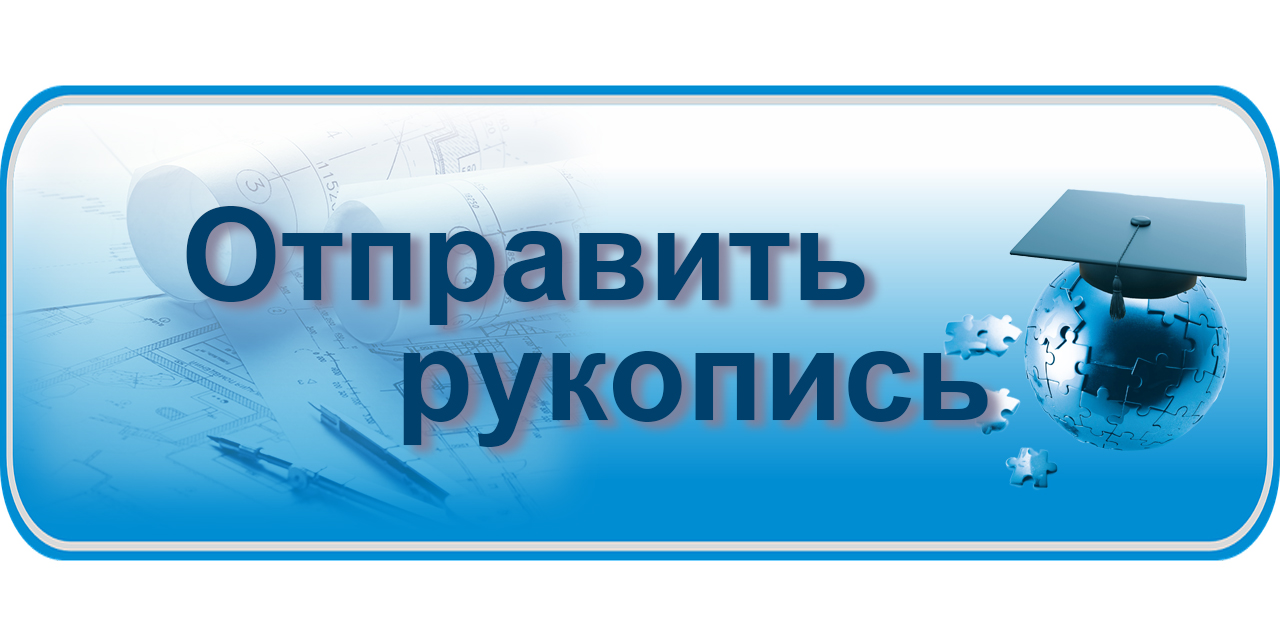УДК 130.2:37.01 DOI: 10.15507/Inted.079.019.201502.126
ТЕНДЕНЦИИ РАЗВИТИЯ КУЛЬТУРНЫХ ИНДУСТРИЙ
В СФЕРЕ ОБРАЗОВАНИЯ
Янутш Ольга Александровна
(доцент кафедры теории и истории культуры ФГБОУ ВПО «Российский государственный педагогический университет им. А. И. Герцена» (Россия, г. Санкт-Петербург, Набережная реки Мойки, д. 48), кандидат культурологи, Этот адрес электронной почты защищён от спам-ботов. У вас должен быть включен JavaScript для просмотра.)
Культурные индустрии – достаточно новое явление как для отечественной гуманитаристики, так и отечественной экономики. Играя значительную роль в производстве и тиражировании социокультурных смыслов и значений, они способны выступать важным элементом образовательного пространства. Анализируя теоретические подходы к решению данной проблемы и конкретные примеры реализованных проектов (в России и на Западе), автор выделяет две основные тенденции. Во-первых, необходимость развития транссубъектных индустрий, которые непосредственно реализуют установку на непрерывное обучение в течение всей жизни (причем происходящее через синтез с другими социокультурными практиками, способствующими успешной самореализации индивида в современном обществе), а также играют важную роль для патриотического и гражданского воспитания. В России уже существуют примеры успешных проектов такого рода, объединяющих на системной основе деятельность вузов, музеев, библиотек, театров и кинотеатров, научных центров и школ. Как показывает зарубежный опыт, наиболее перспективной на данный момент является интеграция деятельности субъектов, представляющих гуманитарную сферу и сферу высоких технологий. Во-вторых, смещение приоритетов в оказании финансовой поддержки c субсидирования отдельных институтов в пользу инвестирования в долгосрочные проекты. Это поможет развитию и обогащению социокультурной среды и образовательного пространства региона, что в свою очередь может оказать положительное воздействие не только на его культурную жизнь, но и на демографическую ситуацию. Активное внедрение указанных тенденций будет способствовать успешной адаптации сферы образования к условиям современного рынка и сохранению в новых культурных реалиях ее лидирующего места в осуществлении социализации и инкультурации подрастающего поколения.
Ключевые слова: культурные индустрии; транссубъектные индустрии; креативный класс; государственная культурная политика; рынок образовательных продуктов и услуг; культурно-образовательное пространство.
Для цитирования: Янутш, О. А. Тенденции развития культурных индустрий в сфере образо- вания / О. А. Янутш // Интеграция образования. - 2015. - Т. 19, № 2. - С. 126–131. DOI: 10.15507/Inted.079.019.201502.126
TRENDS IN CULTURAL INDUSTRIES
EVOLUTION IN EDUCATION
Yanutsh Olga Aleksandrovna
(research assistant professor, Chair of Theory and history of culture,
Herzen State Pedagogical Uiversity of Russia (48, Moika river embankment, Saint Petersburg, Russia), Ph.D. (Culturology), Этот адрес электронной почты защищён от спам-ботов. У вас должен быть включен JavaScript для просмотра.)
Cultural industries ? a relatively new phenomenon, both for native humanities, as well as for the native economy. Playing a significant role in the production and reproduction of social and cultural meanings and values, they can be an important element in the educational space. Unfortunately, in Russia this potential has remained largely untapped. After the reforms of the 90-th most business areas adapted to the new conditions of market relations fast enough (more or less successfully). At the same time in the sphere of culture and education, this process is still ongoing. Analysing the theoretical approaches to the problem and specific examples of completed projects (both in Russia and abroad), the author identifies two main trends. Firstly, the need to develop transsubject industries that directly implement the orientation to life-long learning (and that happens through the synthesis of other socio-cultural practices that contribute to the successful fulfillment of the individual in modern society), as well as playing an important role for the patriotic and civic education. In Russia, there are already some examples of successful projects of this kind, bringing together in a systematic manner the activities of universities, museums, libraries, theaters and cinemas, research centers and schools. However, for the present they are very few. Furthermore, as international experience shows, the most promising now is the integration of the activities of subjects representing the humanitarian sphere and the sphere of high technologies. Secondly, the shift in priorities in the provision of financial support from subsidising individual institutions to investing in long-term projects. This will support the development and enrichment of social and cultural environment and educational space in the region, which in turn can have a positive impact not only on its cultural life, but also on the demographic situation. Active implementation of these trends will contribute the successful adaptation of education to the current market conditions and conservation in new cultural realities its’ leading place in the implementation of socialization and enculturation of the younge r generation.
Keywords: cultural industries; transsubject industries; creative class; state cultural policy; the market of educational products and services; cultural and educational field.
For citation: Yanutsh O. A. Tendencii razvitija kul’turnyh industrij v sfere obrazovanija [Trends in cultural industries evolution in education]. Integracija obrazovanija = Integration of Education. 2015, vol. 19, no. 2, pp. 126–131. DOI: 10.15507/Inted.079.019.201502.126









 Шаблон статьи
Шаблон статьи


















